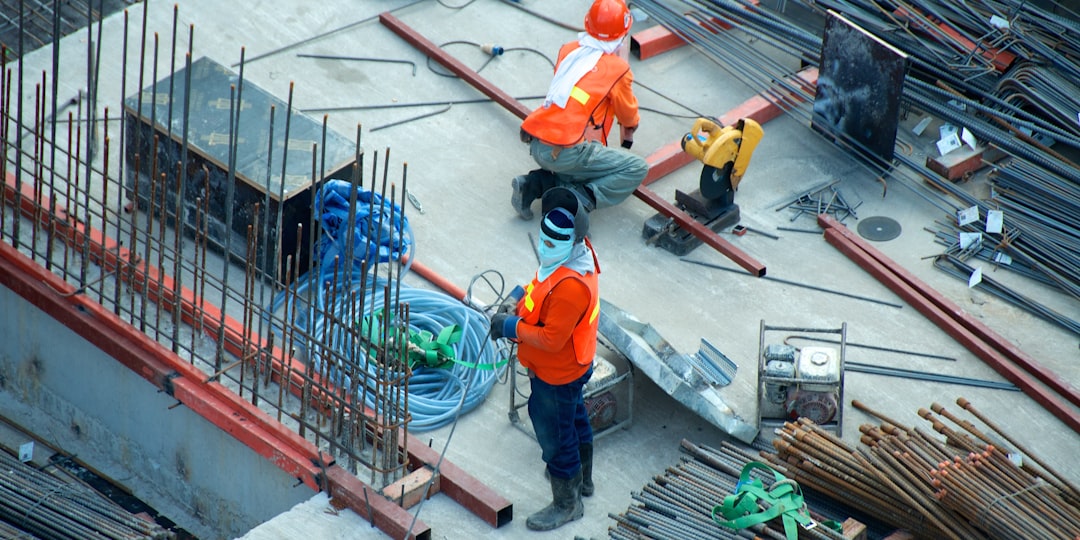

Are you sure where your business is going? What's happening year on year in terms of costs and income?
Every year you should be creating a budget, what realistically is going to be coming in, what is going to be going out, how much tax are we going to pay, and how are you looking to take out for your salary/dividends?
These conversations make you start thinking about the goals for the year, are you looking to buy your new family house, go away on holiday, or a new car? What does the business need to achieve to start reaching your goals?

📄 What Is A Budget?
A budget is a prediction of how much money will come in and out of your business usually over 12 months usually from January to December or your financial year. A budget can be broken down as much as you want however we would recommend that you can see the same data in your bookkeeping software.
🤔 What Is The Purpose Of A Budget?
A Budget will be your first financial guideline for your business activity:
- What sales you are going to have in your business (you can break this down by the services you provide so you will know as each month passes by if your sales are on track by each service - this is called sale drivers).
- What expenses are expected to be incurred for the year
- Whether reserves are needed in terms of a loan to finance growth or large projects
- Or whether your prices need to be revisited
- A timeline for taking on new projects, staff or PPE (plant, property and equipment)
And it is a method of holding yourself accountable - Are we reaching the targets we set out at the start of the year including our sales targets, are we spending money in the wrong areas, are we working towards the goals of the business? A budget will start making you focus on the finances of the business.
🕊 How To Make A Budget
The costs of the business are always a lot easier to get into a budget compared to sales. Also, write the date when these payments are expected to be taken. This can be for supplier accounts so within the 1st-5th of the month, direct debit payments such as insurances, affiliations (such as Constructionline, CHAS, NAPIT etc), softwares, accountancy etc, staff payments, average subcontractor costs and so on.
If you are on an accounting system like Xero you will be able to use your previous year's data as a guideline of what costs you are expecting to happen in the year.
The more detailed your budget is the more it can be used to see how your business is performing against your current financial information. There may be cases where the budget will need to be adjusted 2 or 3 times a year for material increases, an unexpected job, insurance increase etc, this is not a bad thing and it definitely doesn't mean you budgeted wrong!
This is also a very important time to create a tax budget, at Saint, we support our clients by making sure this is in place so they are prepared for the year ahead. This would cover your PAYE/CIS, VAT, Corporation Tax and even your personal tax (we have simplified the UK tax system here).
🤔 How Do I Know If I Have Budgeted Correctly?
A Budget is never going to be perfect but it will give you a very good idea. Generally, you would create at least two budgets;
1. Best Case Scenario
2. Worst Case Scenario
And if possible, a budget between the two. This shows you have covered from the top to the bottom of the financial side of your business for the year ahead.
Some common mistakes to avoid:
- Don’t forget about corporation tax and the other taxes mentioned above.
- If you have any loans, make sure these are included within the budget including the interest payments.
- Insurance is a must for every business, make sure this is in place and in the budget.
- Bad debts - it is very easy for a job to go wrong, or mismanaged or the client could go under, all these factors should be accounted for in the budget.
- New equipment - nothing lasts forever, make sure there are some costs set aside for new equipment, staff and even software.
- Emergency Fund/Savings - Especially in construction you need a cash reserve, a pot to dip into for any unexpected situations. This should be at least 3 - 6 months of outgoings.
🕑 The Difference Between A Budget And A Forecast?
Budgeting and Forecasting are often spoken about in the same sentence however there are important differences you should know about.
A Budget is how YOU expect the business to perform over the financial year.
Forecasts use real financial data (sales and costs) to SHOW you where your business is heading. Forecasts help you make the right decisions at the right time.
This is where a budget and a forecast are used hand in hand to show you where the business is heading against the budget, is this where we expected the business to be at this stage? This way you can fix problems on a month-by-month basis before an issue gets too big (overtrading and cashflow) or to provide reassurance to take that opportunity as it is financially viable.
🎉 That's a wrap!
I hope you found this useful! If you would like to go over anything we discussed within this article, simple get in touch with us here.

Financial Budget Template
Master financial planning for your construction business with our free Google Sheet Budget Template. Automate calculations, optimise costs & boost profitability!
Claim Mine!Claim Mine!Frequently asked questions
This article has been provided for information purposes only. You should consult your own professional advisors for advice directly relating to your business or before taking action in relation to any of the provided content.
PS. Whenever you are ready, here's how to grow your construction business...
1. Join our Facebook Group which built completely for businesses within the construction industry. Real people, real support. - Now also available on LinkedIn.
2. Keep up to date with Construction Insider Providing you with industry insight, tips & tricks and much more to make sure you are ahead of your competitors!
3. When you are ready, Become a Saint Global client, and we will provide you with the highest quality solutions to effectively scale your construction business. Book your meeting here!

Written by the team at:












.jpg)



